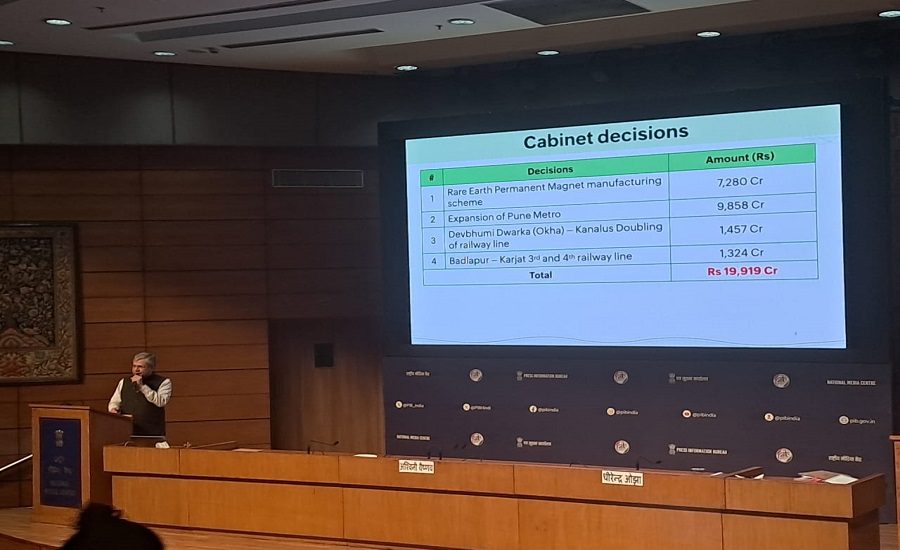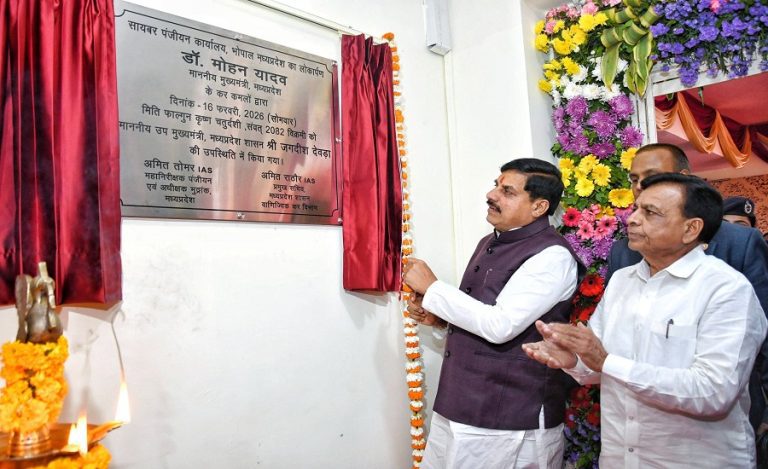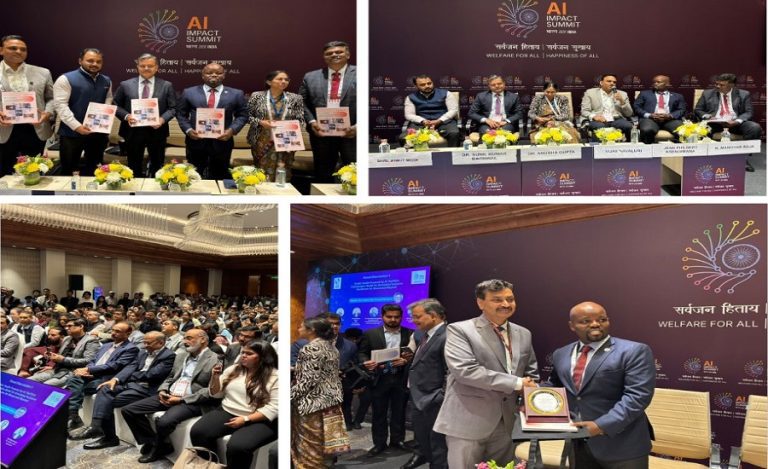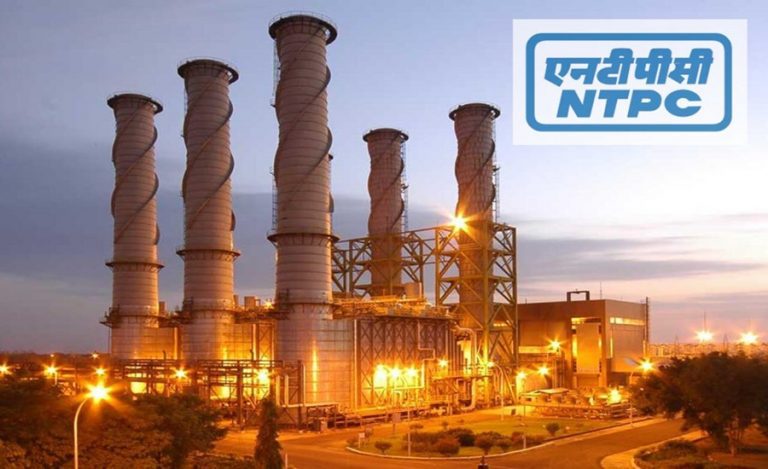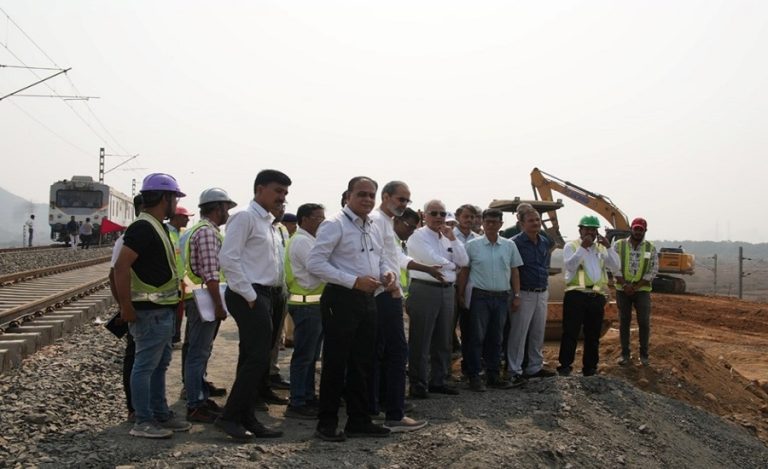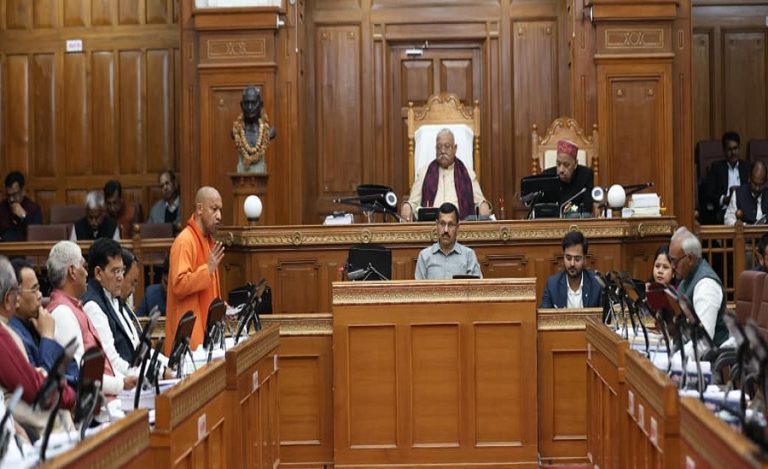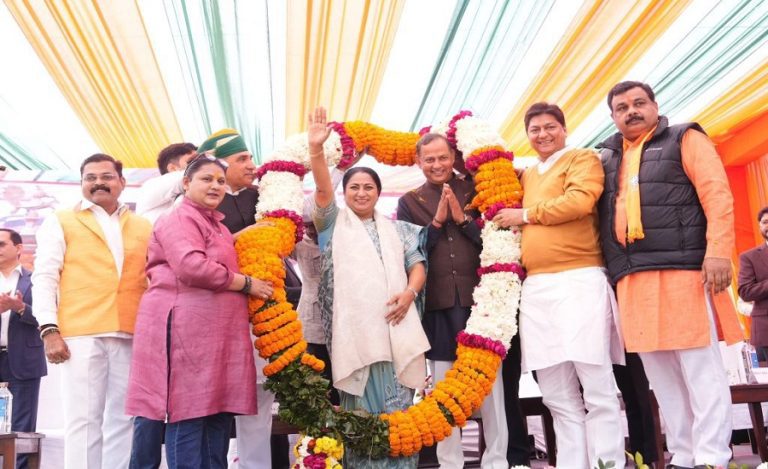In a landmark move to strengthen India’s technology and manufacturing capabilities, the Union Cabinet chaired by Prime Minister Narendra Modi has approved a ₹7,280 crore scheme to promote the manufacturing of Sintered Rare Earth Permanent Magnets (REPM). The decision marks India’s first major push toward building an integrated ecosystem for REPM production—an essential component for electric mobility, renewable energy, electronics, aerospace, and defence industries.
Under the scheme, the government aims to establish 6,000 Metric Tons per Annum (MTPA) of domestic REPM manufacturing capacity, a move that will significantly reduce reliance on imports and place India among the key global players in this strategic sector.
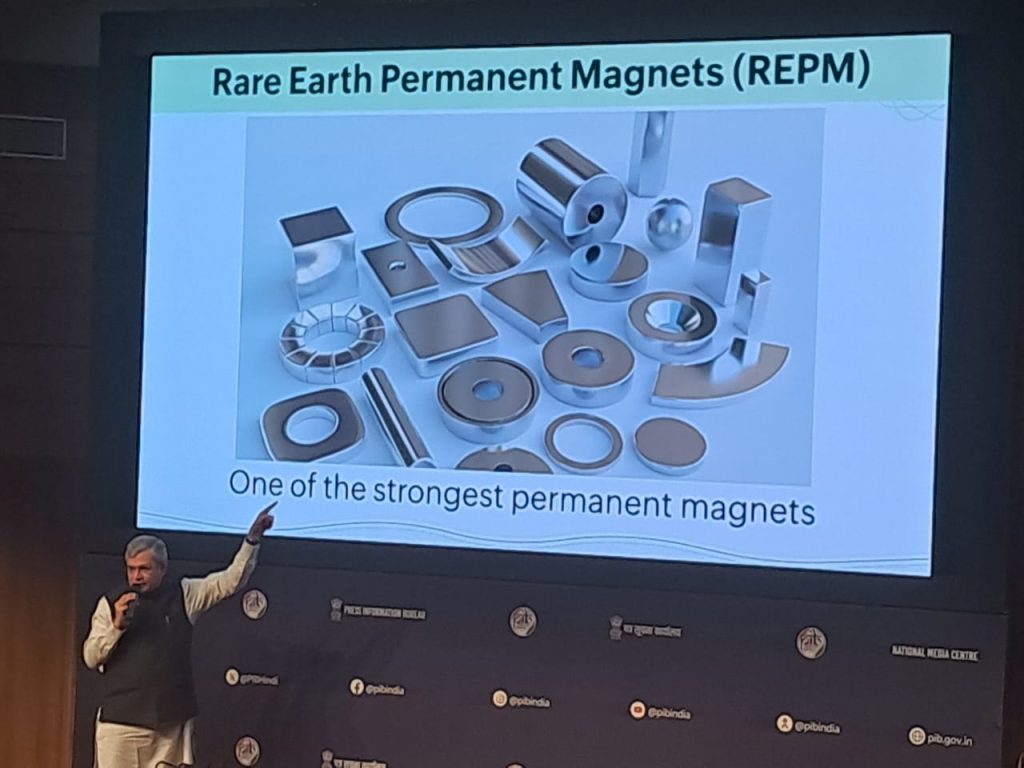
A Game-Changing Step for Self-Reliance
REPMs, known for being among the strongest permanent magnets, play a critical role in advanced technologies such as electric vehicle motors, wind turbine generators, precision instruments, drones, satellites, and high-end defence systems. Currently, India’s rising demand—set to double by 2030—is met almost entirely through imports.
The newly approved scheme seeks to change this paradigm by fostering end-to-end manufacturing, covering:
- Conversion of rare earth oxides to metals
- Metal-to-alloy processing
- Alloy-to-magnet production
This will be the first time India establishes integrated REPM production lines, making it a strategic leap toward Atmanirbhar Bharat.
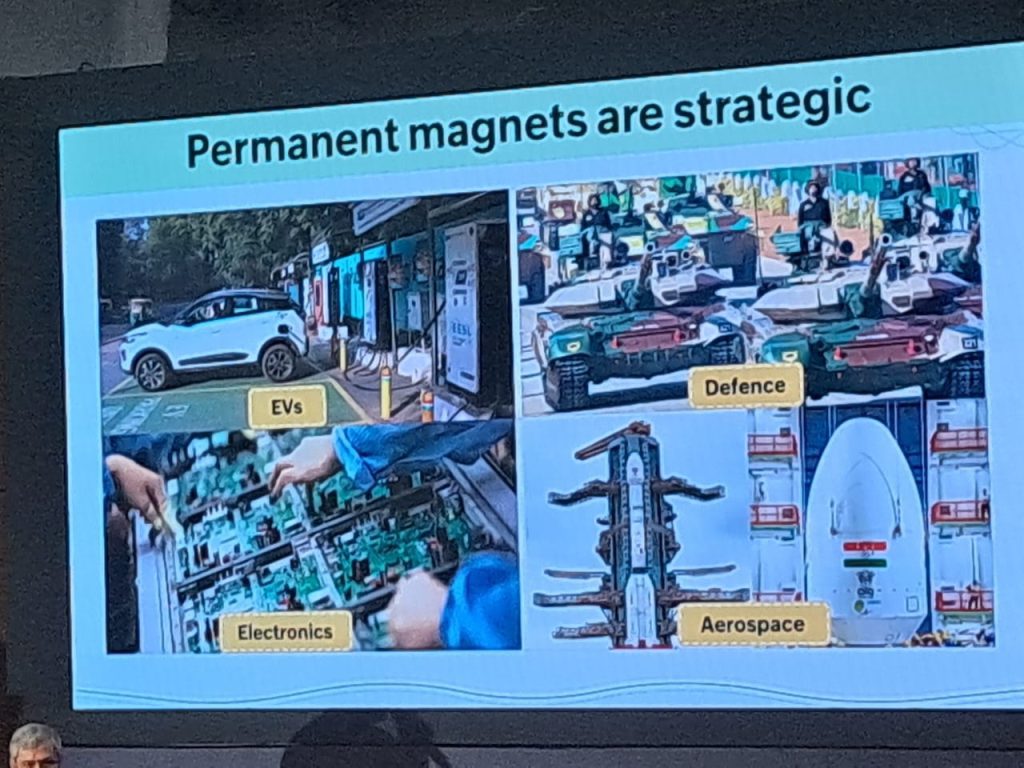
Key Highlights of the Scheme
- Total Outlay: ₹7,280 crore
- Sales-Linked Incentives: ₹6,450 crore for a period of five years
- Capital Subsidy: ₹750 crore for setting up 6,000 MTPA REPM capacity
- Implementation Tenure: 7 years (2-year gestation + 5 years incentive disbursement)
- Beneficiaries: Up to five manufacturers selected via global competitive bidding, each allotted up to 1,200 MTPA capacity
Union Minister Ashwini Vaishnaw announced the approval, calling it a “first-of-its-kind” manufacturing initiative that will boost India’s global competitiveness.
Strengthening Strategic Sectors
India’s push towards clean energy, electric mobility, and advanced defence technologies requires a secure and robust REPM supply chain. This scheme will help:
- Power the EV and renewable energy sectors
- Reduce supply vulnerability amid global geopolitical uncertainties
- Promote innovation and high-value manufacturing
- Generate skilled employment in advanced materials and clean-tech domains
The government also emphasized the scheme’s role in supporting India’s Net Zero 2070 commitment, as REPMs are central to green technologies.
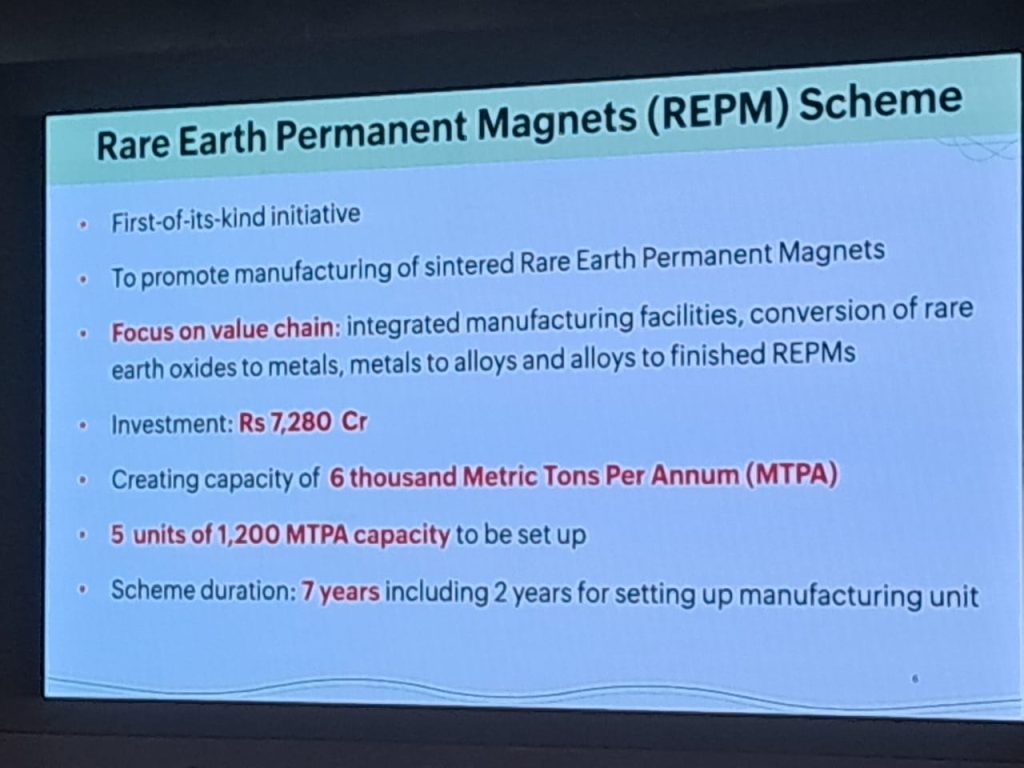
Global Competitiveness and Vision 2047
By enabling domestic production of critical materials, the scheme advances the vision of Viksit Bharat @2047, strengthening India’s technological sovereignty and industrial resilience. The initiative is expected to attract global investments, boost exports, and integrate Indian manufacturers into global value chains.
A Strategic Push with Long-Term Impact
The approval of this scheme marks a transformational milestone in India’s journey toward self-reliance in critical materials. By nurturing indigenous REPM manufacturing capabilities, India is not only securing its own strategic sectors but also positioning itself as a future global hub in the rare earth magnet industry. With strong policy backing and a clearly defined roadmap, the initiative reflects the government’s commitment to building a technologically advanced, sustainable, and globally competitive industrial ecosystem.
Read also: 80% of Delhi-NCR Residents Considering Leaving the City Amid Severe Air Pollution Crisis

